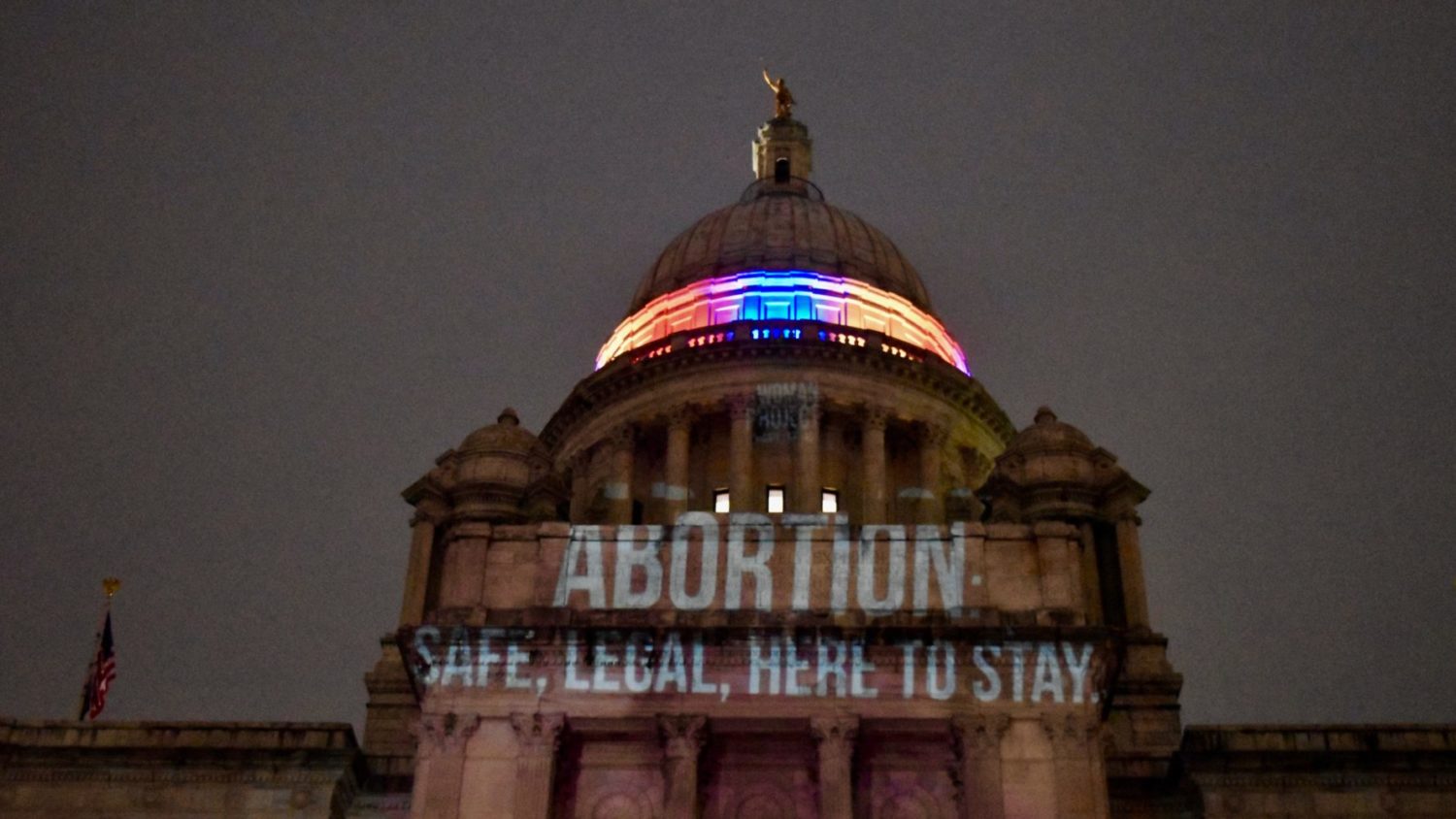Jennifer Lawless: The Citizens for Life poll – and some problems with it
I recently saw the Citizens for Life poll and the Providence Journal’s coverage of it. As a political scientist who regularly conducts survey research, a member of the Board of Oversees for the 2016 American National Election Study, an expert of women and politics, and a former Rhode Islander, I wanted to make a few comments about the significant flaws
February 13, 2019, 10:44 am
By Jennifer Lawless
I recently saw the Citizens for Life poll and the Providence Journal’s coverage of it. As a political scientist who regularly conducts survey research, a member of the Board of Oversees for the 2016 American National Election Study, an expert of women and politics, and a former Rhode Islander, I wanted to make a few comments about the significant flaws not only in the poll itself, but also in how Citizens for Life interpreted the results.
Abortion has never been “the” top priority for voters.
Gallup polls conducted over the course of the last two decades reveal that the economy has always been front and center in voters’ minds. Their latest poll, conducted last month, revealed that poor government leadership and immigration rounded out the top three. Health care, crime, foreign policy, and the environment registered in the single digits. And only 1 percent of Americans considered abortion the nation’s most important issue. Put somewhat differently, 16 other issues surpassed abortion in the rankings.
The fact that nearly 8 percent of the Rhode Islanders polled placed abortion at the top of their priority list and that it ranked 7th overall is quite telling. But not for the reasons the Citizens for Life press release argued. Quite the contrary. Rhode Islanders care more about this issue – by a substantial margin – than does the overall United States population.
Even with a poorly worded question, Rhode Islanders are much more supportive of reproductive rights than they are of restrictions on a woman’s right to choose.
As others have explained in commentary included in the Providence Journal’s coverage, question wording is a problem with this poll. The question pertaining to when abortion should be legal does not map onto the Roe v Wade framework, so it cannot tell us much about whether people support the status quo. Moreover, the response categories are not mutually exclusive, so the answer a respondent selected may have had to do with the order in which it was presented. Unless the responses were randomly ordered across surveys (and there’s no indication that they were), we cannot put much credence into any of the response options except those on the extremes.
When we turn to those extremes, though, the one thing this survey does tell us unequivocally is that Rhode Islanders are 58 percent more likely to believe that abortion should be legal at any point during a pregnancy than they are to believe that abortion should not be legal under any circumstances. That is, nearly 22 percent of people support abortion without restrictions, compared to 12 percent of people who think it should be banned altogether.
The questions about abortion legislation epitomize the “fake news” environment that people are now asked to navigate on a daily basis.
The proposed legislation does not call for legal abortion until the moment of live birth. It does not call for late term abortions in all situations. And it does not remove restrictions so that “anyone” can perform an abortion. These are severe mischaracterizations of what codifying Roe v Wade and subsequent United States Supreme Court case law on abortion would mean. Accordingly, the questions included in the poll are not reasonable proxies for the legislation that’s been proposed. Thus, the poll results tell us virtually nothing about whether Rhode Islanders support or oppose the Reproductive Health Care Act.
For these reasons, the Providence Journal/Public Radio/ABC6 poll is a far better gauge of where Rhode Islanders stand on the issue of abortion, codifying Roe, and the proposed legislation. By asking people the degree to which they support or oppose passing a bill to protect legalized abortion in the state, the question mirrors the debate at hand.
Unfortunately, the Citizens for Life poll and the dissemination of its results are just the latest attempt to permeate the abortion debate in Rhode Island with vitriol and falsehoods. As the legislature aims to protect reproductive freedom in an environment in which the future of Roe is more precarious than it’s ever been, it’s more important than ever for citizens to have access to information about how polls are conducted, whose interests they serve, and whether they’ve been properly analyzed and interpreted.






